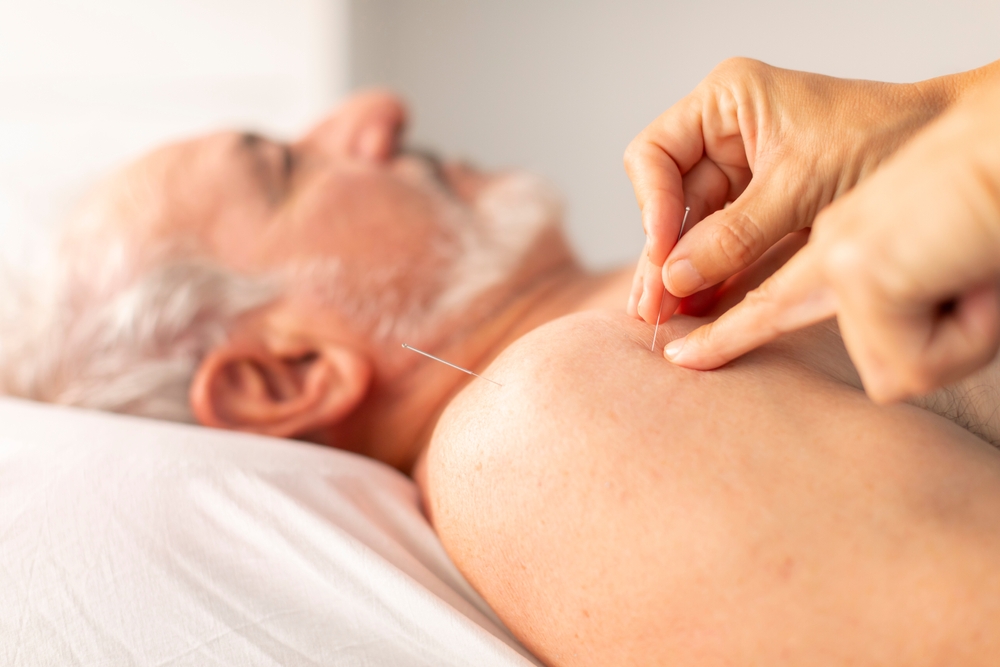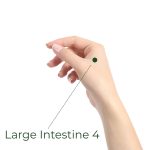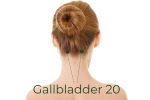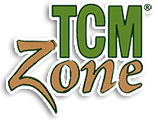Advanced Strategies for Treating Autoimmune Disorders with TCM: Case Studies and Protocols

By Xiyuan “Alex” Qiu, L.Ac.
Autoimmune disorders present a formidable challenge in modern healthcare, characterized by disregulated immune responses that target the body’s own tissues. As advanced acupuncturists and herbalists, we recognize the complexity of autoimmune conditions and the limitations of conventional treatments. Traditional Chinese medicine (TCM) offers a holistic approach that addresses the underlying imbalances in the body, restores harmony, and modulates the immune system. In this blog, we delve into advanced strategies for treating autoimmune disorders with TCM, drawing upon case studies and protocols to illuminate effective therapeutic approaches.
Understanding Autoimmune Disorders in TCM Perspective
In TCM, autoimmune disorders are viewed as manifestations of underlying imbalances in the body’s internal environment. These imbalances may arise from a combination of factors, including constitutional weaknesses, emotional stress, dietary habits, and environmental influences. The key principles of TCM diagnosis, such as identifying patterns of disharmony and addressing root causes, form the foundation for effective treatment strategies.
Case Study 1: Rheumatoid Arthritis (RA)
RA is a chronic autoimmune condition characterized by joint inflammation, pain, and progressive joint damage. In TCM, RA is often associated with patterns of dampness, stagnation, and blood stasis. Advanced practitioners employ a combination of acupuncture and herbal medicine to alleviate pain, reduce inflammation, and modulate the immune response.
Acupuncture Protocol for RA:

– Distal Points: GB34 (Yanglingquan), SJ5 (Waiguan), Liv3 (Taichong) – to regulate liver and gallbladder function, alleviate stagnation, and promote circulation.
– Ashi Points: Trigger points around affected joints – to release local tension and improve mobility.
Herbal Formulation for RA:
– Modified Gui Zhi Shao Yao Zhu Mu Tang (Cinnamon Twig, Peony, and Atractylodes Decoction) – to dispel dampness, invigorate blood circulation, and alleviate joint pain.
– Ingredients: Gui Zhi (Cinnamon Twig), Bai Shao (White Peony Root), Cang Zhu (Atractylodes Rhizome), Mu Gua (Quince Fruit), Fang Feng (Siler), Dang Gui (Chinese Angelica Root), Chuan Xiong (Szechuan Lovage Rhizome), Huang Qi (Astragalus Root), Gan Cao (Licorice Root).
Case Study 2: Hashimoto’s Thyroiditis
Hashimoto’s thyroiditis is an autoimmune condition characterized by inflammation of the thyroid gland, leading to hypothyroidism. In TCM, Hashimoto’s is often associated with patterns of spleen qi deficiency, kidney yang deficiency, and phlegm-damp accumulation. Advanced practitioners employ a combination of acupuncture, herbal medicine, and dietary therapy to regulate thyroid function and modulate the immune response.
Acupuncture Protocol for Hashimoto’s Thyroiditis:
– Ren Channel Points: CV4 (Guanyuan), CV6 (Qihai) – to tonify spleen qi, nourish kidney yang, and regulate hormonal balance.
– Du Channel Points: GV20 (Baihui), GV14 (Dazhui) – to tonify yang qi, regulate immune function, and harmonize the body’s internal environment.
– Spleen and Kidney Channel Points: SP6 (Sanyinjiao), KI3 (Taixi) – to tonify spleen and kidney function, promote circulation, and resolve phlegm-damp accumulation.
Herbal Formulation for Hashimoto’s Thyroiditis:
– Modified Liu Wei Di Huang Wan (Six-Ingredient Pill with Rehmannia) – to tonify kidney yin, nourish blood, and regulate the endocrine system.
– Ingredients: Shu Di Huang (Rehmannia Root), Shan Zhu Yu (Cornus Fruit), Shan Yao (Chinese Yam), Fu Ling (Poria), Mu Dan Pi (Tree Peony Bark), Ze Xie (Water Plantain Rhizome).
Case Study 3: Multiple Sclerosis (MS)
MS is a chronic autoimmune condition characterized by inflammation and demyelination of the central nervous system. In TCM, MS is often associated with patterns of liver wind stirring, kidney essence deficiency, and damp-phlegm accumulation. Advanced practitioners employ a combination of acupuncture, herbal medicine, and lifestyle modifications to regulate immune function, alleviate symptoms, and support neurological health.
Acupuncture Protocol for MS:

– Kidney Channel Points: KI3 (Taixi), BL23 (Shenshu) – to tonify kidney essence, strengthen the lower back, and support neurological function.
– Du Channel Points: GV20 (Baihui), GV14 (Dazhui) – to tonify yang qi, regulate immune function, and promote brain health.
Herbal Formulation for MS:
– Modified Zhen Gan Xi Feng Tang (Sedate the Liver and Extinguish Wind Decoction) – to dispel wind, resolve dampness, and nourish liver and kidney essence.
– Ingredients: Chuan Xiong (Szechuan Lovage Rhizome), Gou Teng (Uncaria Stem), Tian Ma (Gastrodia Rhizome), Du Zhong (Eucommia Bark), Sang Ji Sheng (Mulberry Mistletoe), Fu Ling (Poria), Bai Zhu (Atractylodes Rhizome), Huang Qi (Astragalus Root), Shu Di Huang (Rehmannia Root), Dang Gui (Chinese Angelica Root), Bai Shao (White Peony Root), Gan Cao (Licorice Root).
Harnessing the Healing Power of TCM for Autoimmune Disorders
As advanced acupuncturists and herbalists, we are entrusted with the profound responsibility of guiding patients on their journey towards healing and wellness. By integrating TCM principles, advanced diagnostic techniques, and targeted therapeutic interventions, we empower individuals to reclaim control over their health and cultivate resilience in the face of autoimmune challenges. Through the artful synergy of acupuncture, herbal medicine, dietary therapy, and lifestyle modifications, we navigate the complexities of autoimmune disorders with wisdom, compassion, and unwavering dedication to the holistic well-being of our patients.
**References:**
– Bensky, D., & Barolet, R. (1990). Chinese Herbal Medicine: Formulas & Strategies. Eastland Press.
– Maciocia, G. (2015). The Foundations of Chinese Medicine: A Comprehensive Text. Elsevier Health Sciences.
– Wu, Q., & Gao, Y. (2019). Acupuncture and Moxibustion for Rheumatoid Arthritis: A Meta-Analysis and Systematic Review of Randomized Controlled Trials. Evidence-Based Complementary and Alternative Medicine, 2019, 1-15.
– Li, X., Wang, R., Xing, X., Shi, X., & Li, P. (2017). Efficacy and Safety of Acupuncture Therapy for Chronic Atrophic Gastritis: A Meta-Analysis of Randomized Controlled Trials. Evidence-Based Complementary and Alternative Medicine, 2017, 1-9.
– Chen, K., et al. (2016). Effects of Chinese Medicinal Herbs on Expressions of Cytokines and Intestinal Mucosa of DSS-induced Colitis Mice. Journal of Ethnopharmacology, 194, 438-448.

